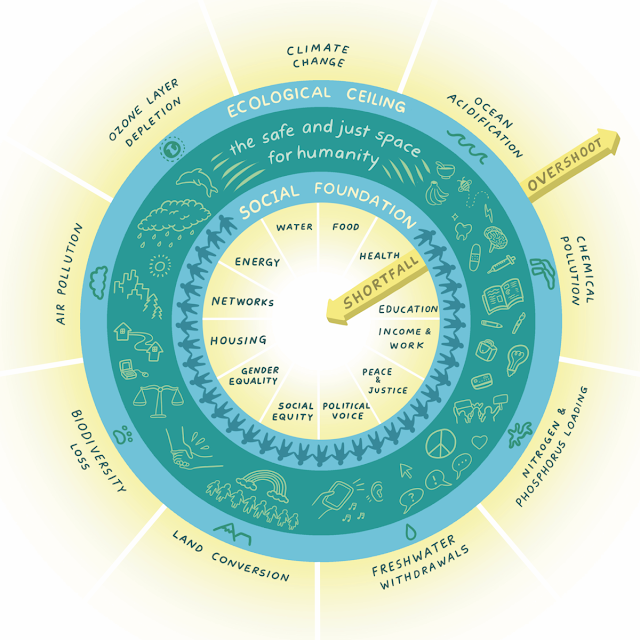Birds in Danger

Not only birds, all nature is threatened by humans’ burgeoning population, our demand and consumption of more resources. Faraaz Abdool sounds the alarm: where the birds go, there goes our wellbeing. All photos by Faraaz Abdool It is an established fact that we are on the verge of a major ecological collapse. More than sixteen thousand species of plants and animals are currently listed as endangered, and a far greater number are still experiencing precipitous declines. We are losing species at a rate never previously experienced in human history – and there is little or no effort being made to change our ill-fated trajectory. The Caribbean's only native species of toucan, the Channel-billed Toucan, is found on Trinidad and is officially listed as “vulnerable to extinction.” Right here in the Caribbean we are still in the process of discovering new species. The commonly seen horsewhip was described as its very own species only in late 2020 – now officially called Rutherford’s V...



